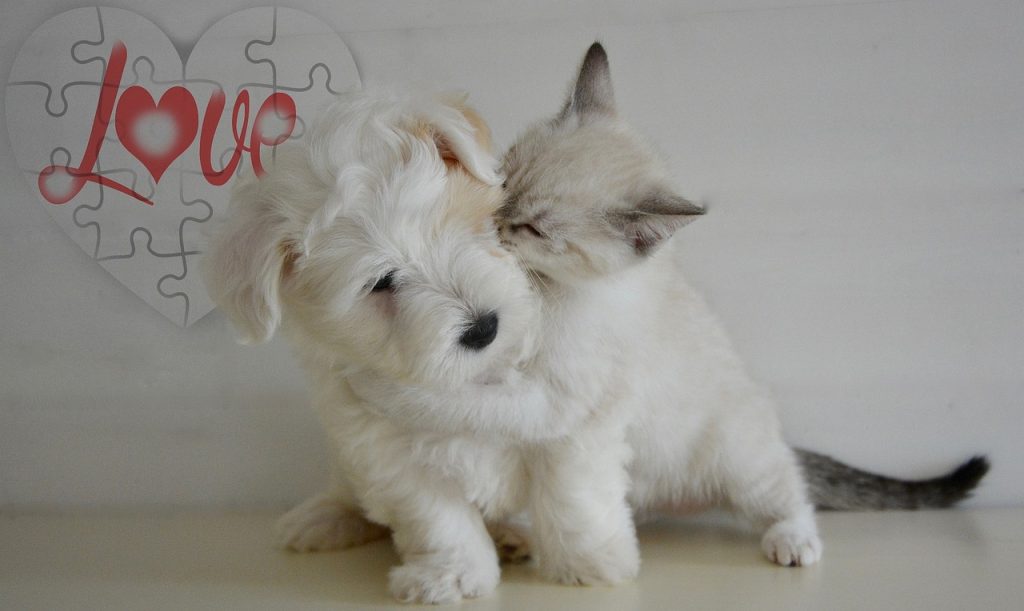🐶 Puppy Care Guide
1. Feeding
0–8 Weeks: Puppies should nurse from their mother. If orphaned, use a vet-approved puppy milk replacer.
8–12 Weeks: Transition to puppy food (wet or dry). Feed 3–4 small meals daily.
3–6 Months: Feed 3 times per day.
6–12 Months: Feed 2 times per day. Switch to adult food around 12 months (for most breeds).
Tips:
Use high-quality puppy food labeled “complete and balanced.”
Always provide clean, fresh water.
2. Health & Vet Care
First Vet Visit: Within the first week of bringing your puppy home.
Vaccination Schedule:
6–8 weeks: First set (e.g., distemper, parvo)
10–12 weeks: Boosters
14–16 weeks: Final boosters + rabies
Deworming: Starts at 2 weeks, then every 2 weeks until 12 weeks, then monthly.
Flea/Tick Prevention: Begin as directed by your vet.
Spaying/Neutering: Usually done between 6–12 months.
3. Training & Socialization
House Training: Take out after waking, playing, eating, or every 2 hours.
Crate Training: Helps with house training and gives a safe space.
Basic Commands: Start teaching sit, stay, come, etc., around 8–10 weeks.
Socialization: Expose to people, sounds, other pets by 16 weeks.
4. Grooming
Brushing: Daily or weekly depending on coat type.
Bathing: Every 4–6 weeks or when dirty.
Nail Trimming: Every 2–4 weeks.
Teeth Brushing: Daily or several times per week with dog toothpaste.
🐱 Kitten Care Guide
1. Feeding
0–4 Weeks: Nurse from mom or use kitten milk replacer every 2–4 hours.
4–8 Weeks: Start weaning with soft wet food; transition to dry if desired.
8+ Weeks: Eat high-quality kitten food, 3–4 small meals daily.
6 Months: You can start reducing to 2 meals/day and switch to adult food around 12 months.
Tips:
Kittens need high-protein, high-fat food.
Water should always be available.
2. Health & Vet Care
First Vet Visit: By 8 weeks old.
Vaccination Schedule:
6–8 weeks: First vaccination (feline viral diseases)
10–12 weeks: Booster
14–16 weeks: Final booster + rabies
Deworming & Flea Prevention: As per vet’s instructions.
Spaying/Neutering: Around 5–6 months old.
3. Litter Training
Most kittens instinctively use a litter box.
Keep the box clean and place them in it after meals or naps if needed.
Use unscented, clumping litter and a shallow box for young kittens. Change litter as desired by your kitten.
4. Socialization & Play
Handling: Gently handle and pet the kitten often.
Toys: Provide safe toys for mental stimulation and bonding.
Scratching Post: Introduce early to avoid furniture damage.
5. Grooming
Brushing: Regular brushing helps with shedding and bonding.
Nail Trimming: Every 2–3 weeks.
Bathing: Rarely needed unless dirty. Most cats groom themselves.
Teeth Brushing: Try to introduce this early with feline toothpaste.
🏠 General Tips for Both Puppies & Kittens
Safe Space: Create a calm, secure area with a bed, toys, and access to food/water/litter or potty area.
Pet-Proofing: Remove or secure cords, small objects, chemicals, and choking hazards.
Routine: Pets thrive on consistency—feed, play, and rest at regular times.
Microchipping & ID: Helps in case they get lost.
Puppy and Kitten Care Guide

